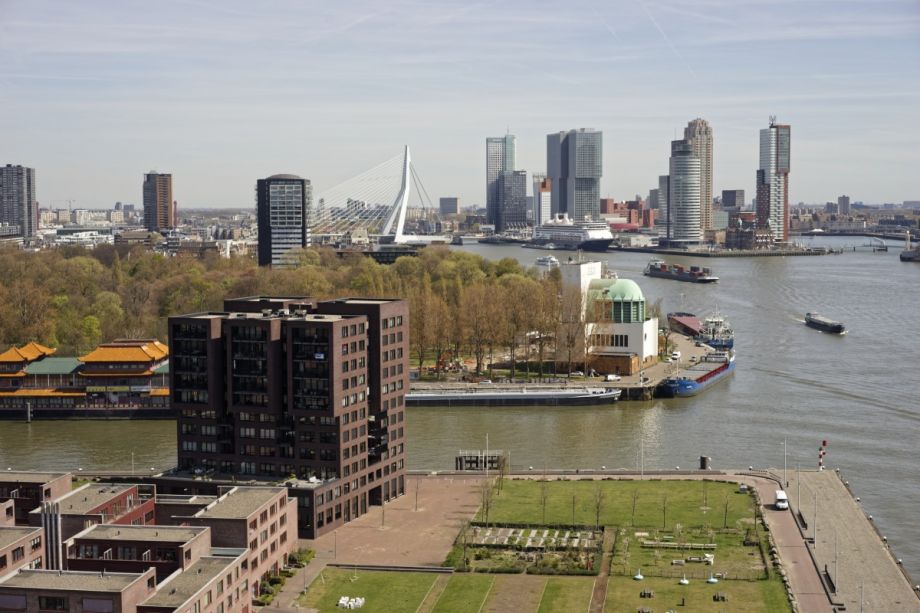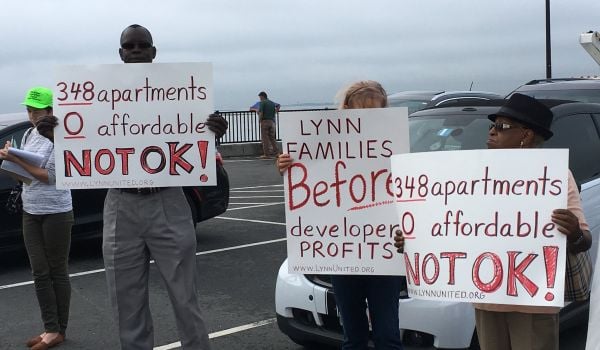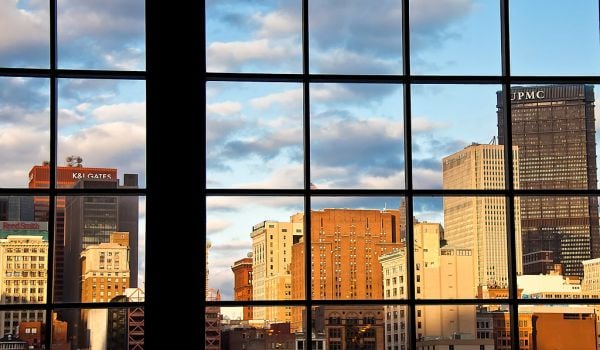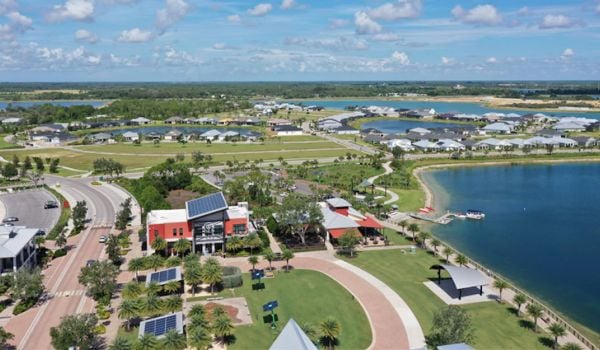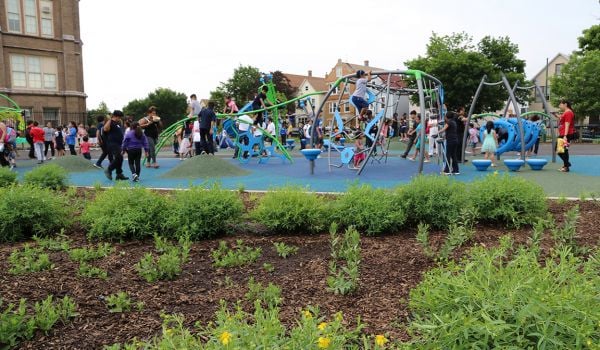More than a dozen city leaders have committed today to dedicate 10 percent of their annual budgets to projects and planning that will make their cities more resilient.
The “10% Resilience Pledge,” which, with those endorsements, would funnel more than $5 billion toward preparing for consequences of climate change like flooding, drought and displacement, was announced at the COP21 climate talks. (That figure will rise as more mayors sign on.) Today is designated “Resilience Day” at the Paris conference.
The mayors and execs signing the pledge, an effort led by the Rockefeller Foundation, represent cities ranging from Accra, Ghana, to Tulsa, Oklahoma. All are in Rockefeller’s 100 Resilient Cities (100RC) network. 100RC supports cities in building resilience amid challenges such as urbanization and climate change. The initiative also funds the staffing of chief resilience officers in member cities, as well as developing innovative technology and financial products.
Those taking the 10% Resilience Pledge are expected to make the promised resources available in 2017, and to maintain the funding level while in office.
“This commitment demonstrates our continued efforts within the city of Pittsburgh to build resilience, and it allows us to think strategically and concretely in regards to our allocation of resources in our budgets,” Pittsburgh Mayor Bill Peduto said, according to a press release.
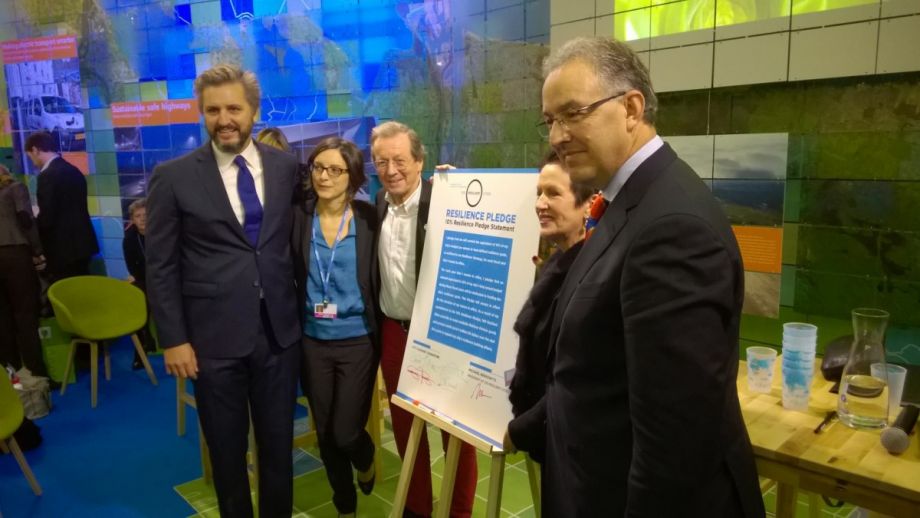
City leaders from around the world signed the “10% Resilience Pledge” in Paris. (Photo by Tom Dallessio)
José Corral, mayor of Santa Fe, Argentina, is also in this first group of city leaders to sign the pledge.
“The city of Santa Fe is learning from past disasters and ongoing challenges, using those lessons to develop a comprehensive resilience strategy,” said Corral. “Incorporating this approach to public policy planning is our challenge, one which will improve our society’s capability to face the complex threats of the 21st century.”
Here’s the full list of represented cities: Accra, Ghana; Amman, Jordan; Athens, Greece; Berkeley, California; Byblos, Lebanon; Boulder, Colorado; Cali, Colombia; Huangshi, China; Kigali, Rwanda; Mexico City, Mexico; New Orleans, Louisiana; Norfolk, Virginia; Oakland, California; Pittsburgh, Pennsylvania; Rio de Janeiro, Brazil; Rotterdam, the Netherlands; Santa Fe, Argentina; Toyama, Japan; and Tulsa, Oklahoma.
“These cities are putting real resources behind their words, signaling to the world that they are committed to building resilience, and doing it now,” said Michael Berkowitz, president of 100RC. “In doing so, they will no doubt receive additional benefits from the private sector, national and international institutions, and financial organizations — all of whom want to work with cities that are planning for both the known and unknown challenges they face.”
Kelsey E. Thomas is a writer and editor based in the most upper-left corner of the country. She writes about urban policy, equitable development and the outdoors (but also about nearly everything else) with a focus on solutions-oriented journalism. She is a former associate editor and current contributing editor at Next City.

